About this guide

A member of staff or a carer can support you to read this guide. They will be able to answer any questions that you have.
It can be upsetting to think about abuse, please look at this information with a healthcare worker.
About this guide
- This guide is for people who were abused when they were young.
- It will talk about you how you might feel.
- It will tell you where you can go to get help.
What is child abuse?

Child abuse can mean a lot of different things:
- neglect
- emotional neglect
- physical abuse
- sexual abuse
It is not always easy to know if you have been abused.
The important things to remember are:
- no one has the right to hurt you
- no one has the right to make you do things you don’t want to do
Who could abuse somebody when they were a child?

A member of your family could have been an abuser. This could have been a mother, father, brother, sister or any other family member.

A friend could have abused you.
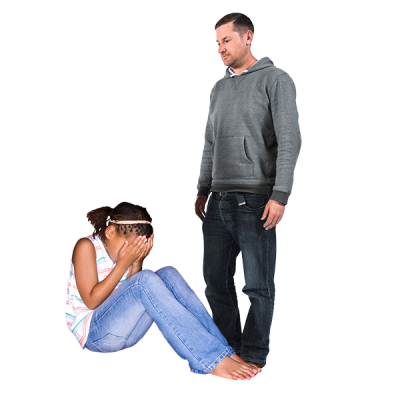
A neighbour could have abused you.
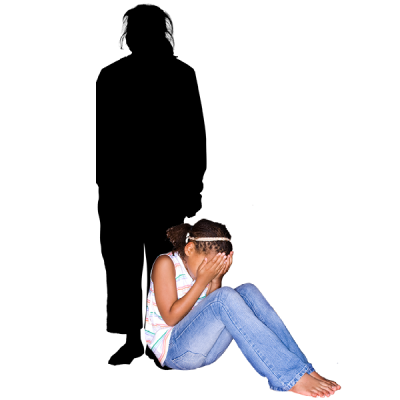
It could be somebody you know or it could be a stranger.
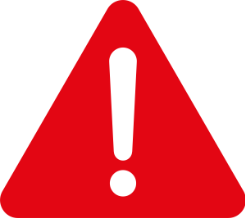
Anybody can be an abuser!
What are the different types of abuse?

Neglect
This is when a parent or carer doesn’t give their child the basic things they need to be happy, healthy and safe.
It might be things like:
- leaving a child alone
- leaving a child with someone who can’t look after them properly
- not making sure they have enough food
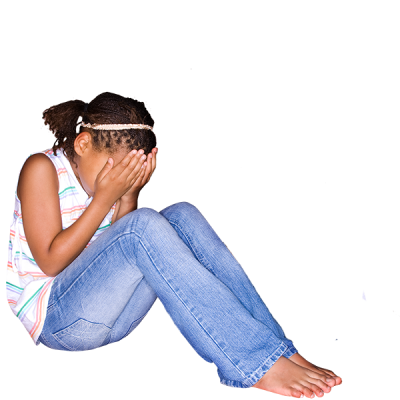
- not looking after them when they are poorly
- not getting help when they are hurt
- not keeping them clean and tidy

Emotional Neglect
This is when parents or carers don’t show kindness or love to their children.
It might seem that the parents or carers are not very interested in their children.

Sexual Abuse
This means when a child is tricked or forced into any kind of sexual activity.
This can be:
- being made to have sex
- having their private parts touched or being touched in a way that makes them feel uncomfortable
- being made to touch other people’s private parts
- being made to watch films or TV programmes about sex that they don’t want to see
- being made to watch other people have sex or touch each other in a sexual way
Sexual abuse can happen to anyone, boys or girls.
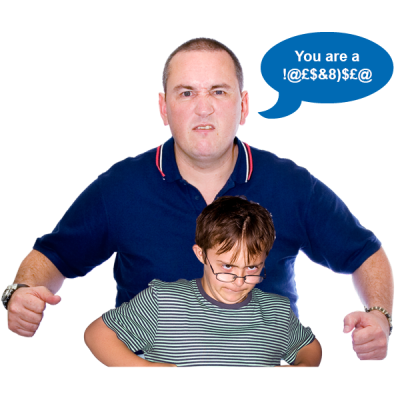
Verbal abuse
Can be things like:
- being called names
- being threatened
- being punished a lot
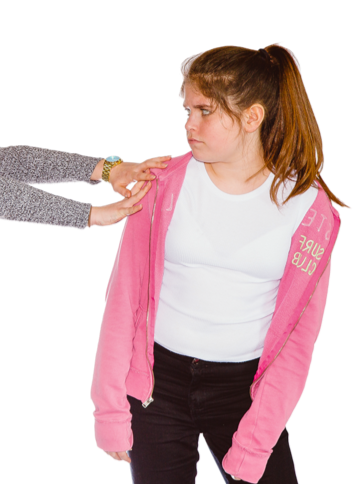
Physical Abuse
This means when a child is hurt by their parent or carer. This can be things like being:
- punched
- hit
- kicked
- burned
- bitten
- thrown
How abuse can make you feel
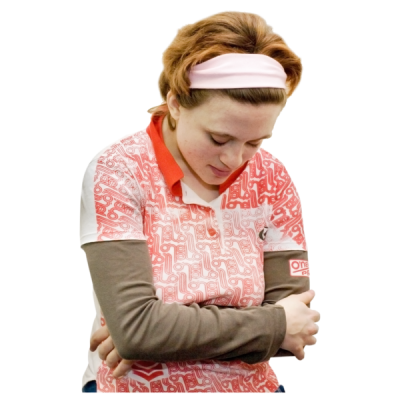
Being abused is an awful thing to happen to anyone.
It makes everyone feel different.
You might:
- push it to the back of your mind and not think about it
- forget parts of your childhood when bad things were happening to you
- remember feeling sad or lonely when you were a child, but not really remember being abused
- blame yourself for what happened
- tell yourself it was not so bad
- make an excuse for the person who abused you
The next page might help you understand more about abuse and the effect it can have on you.
What do children sometimes do when they are being abused?

Children who are being abused might change the way they behave at home or at school.
Some of the changes that might happen are:
- eating differently – not eating enough or too much, or making themselves sick
- wetting the bed or themselves

- getting angry or throwing tantrums
- not wanting to be with their friends or family
- having problems at school – playing truant and being naughty
- feeling scared or have nightmares

- hurting themselves or start drinking alcohol or using drugs

- being unwell a lot or have bruises or cuts
These things don’t always mean a child has been abused.
What happens to abused children as they grow up?

People who were abused as children might find some parts of life harder, things like.
- Trusting people
- Making relationships work
- Being frightened of other people touching them, or having sex
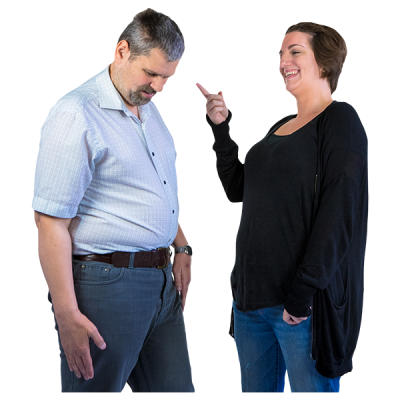
- Having a relationship with people who abuse them
- Having a relationship with someone who doesn’t treat them well or with respect
- Feeling worthless or no good
- Feeling that no one will be able to love them

- Having mood swings – where they go from feeling good to very depressed in a short space of time
- Being frightened of things
- Having nightmares
- Being angry with people or feeling guilty
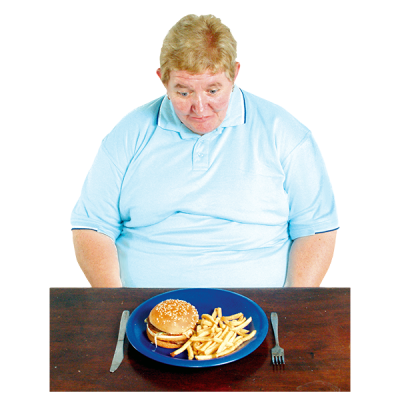
- Having problems with food – they might eat too much or not enough

- Hurting themselves on purpose
- Trying to kill themselves
- Using drugs or drinking lots of alcohol
How can I start to get over what has happened to me?

The first thing you should do is make sure you are safe.
If you answer yes to any of these, you should talk to your doctor, nurse, support worker or someone you trust straight away.
- Do you think about hurting yourself?
- Does someone close to you hurt or threaten you?
- Have you tried to kill yourself?
- Do you find yourself in unsafe situations?

- Do you have bad thoughts or bad memories?

Relationships
Think about your relationships with other people.
- Do people take advantage of you?
- Do you feel like you are always looking after other people?
- Do people close to you hurt you?

Make sure that your rights are heard too. You might need to start saying no to people and make sure that you look after yourself.
You might need to think about how to stop the situation you are in. If someone is hurting you, you might need to stop the relationship or change it to make sure you are safe.
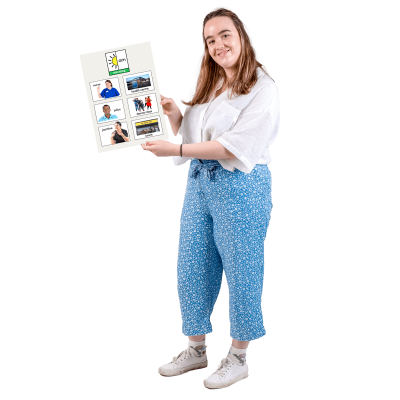
If you feel that you are worthless or no one cares about you, you should write a list or draw a picture of all of the good things about yourself. Remind yourself every day of these things.

If you get angry or depressed you could try some ways of calming yourself down until you feel better.
You could:
- do something relaxing like listening to music or watching your favourite TV programme
- go for a walk or do some exercise
- call a friend
- take up a hobby

If you have nightmares or memories of the abuse that come into your head, you could try writing or drawing your thoughts. If you do this each time it happens, they should start going away.
Remind yourself that you are an adult and you are safe and that no one can hurt you now.
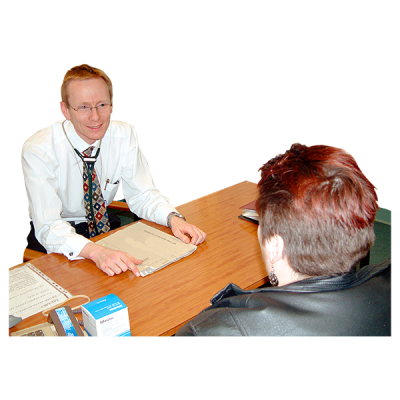
You can always go and talk to your doctor or nurse if nothing seems to work.
Where to get more help
If you would like to get more help or information, you can get in touch with these people:
Mind Infoline
Help, information and support.
Telephone: 0300 123 3393
Email: info
www.
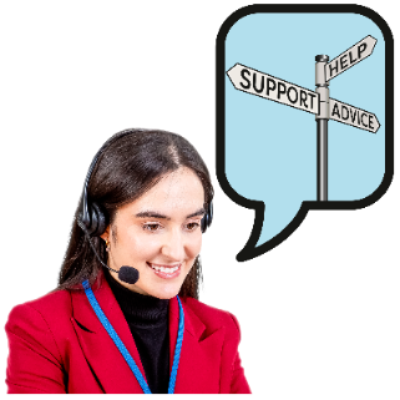
Rethink
Information and help for anyone who has mental health problems.
Advice Service: 0808 801 0525
Email: advice
www.
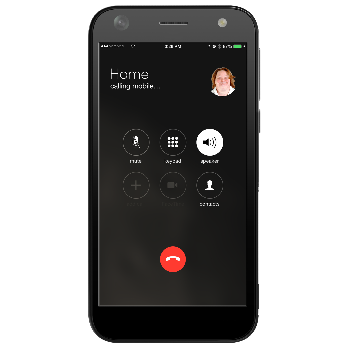
SAFELINE
Information and support to people who were abused.
Telephone: 01926 402 498
www.
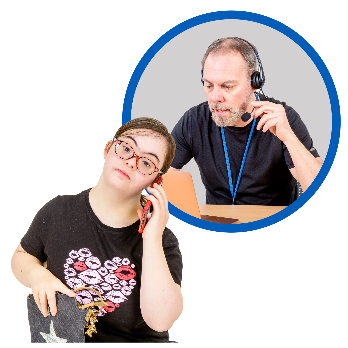
Samaritans
Support for people in a crisis.
Telephone: 116 123
Email: jo
www.
Victim Support
Help and advice for people who have had a trauma.
Telephone: 08 08 16 89 111
Text Relay: 18001 08 08 16 89 111
www.
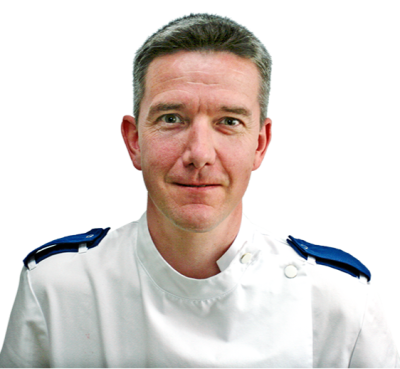
You can also get help and information from your doctor or nurse.
Acknowledgement

Easy Read version developed by:
- Skills for People, Telephone: 0191 281 8737
Skills for People is a registered charity no. 1069993 - Many thanks to service users and healthcare staff who have contributed to the development of this guide.
Adapted from Abuse - A Self Help Guide written by Lorna Cameron and Dr Lesley Maunder. www.
2022 Copyright, Cumbria, Northumberland, Tyne and Wear NHS Foundation Trust
Ref, PIC/646/0422 April 2022 V3
Review date 2025
 Print or download as a PDF
Print or download as a PDF